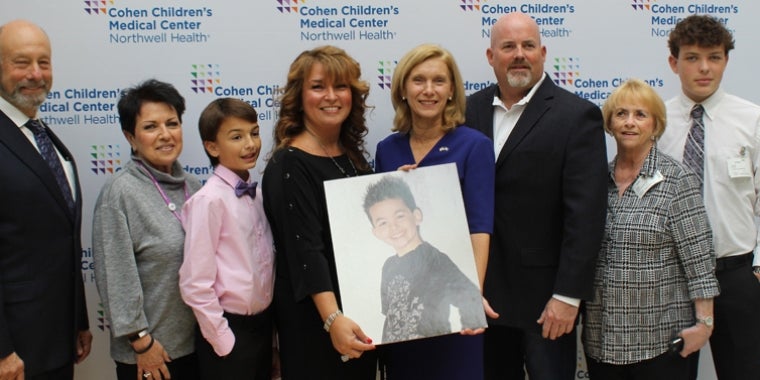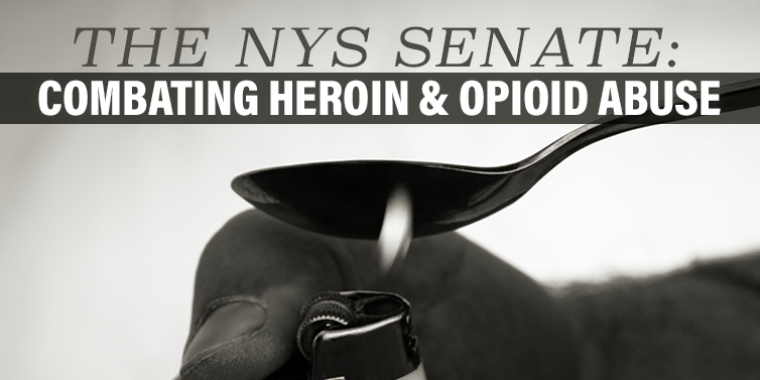
Senator Elaine Phillips Announces New Law Allowing Bus Drivers To Administer Epinephrine Auto-Injector To Take Effect
December 18, 2017

Each day, over 50,000 school buses drivers transport more than 2.3 million children to New York schools.
Tomorrow, December 19, a new law will take effect that allows bus drivers to administer an epinephrine auto-injector, like an EpiPen, in emergency circumstances. The measure, which was passed in the Senate in June, will help protect the lives of children with severe food or other allergies.
“Providing for the safety of our children is always a top priority, and this measure will further protect children with food and other allergies should a life-threatening situation occur while travelling on a school bus,” Senator Elaine Phillips said. “The dedicated school bus drivers are responsible for the safety of our children, and now they have an added tool to ensure kids stay safe while heading to and from school, to sporting events and on field trips.”
Food and other allergies, such as bee stings, present an ever-increasing danger to children across the United States. If a child with severe allergies is exposed or accidentally consumes an allergen, this can produce a serious reaction called anaphylaxis, which can lead to death. An epinephrine injection works to help immediately reverse the effects of anaphylaxis and is critical in the treatment of severe allergic reactions.
While prior law allows those employed by school districts and other educational institutions to administer the live-saving injection, those who work for agencies contracted out by a school district, such as transportation services, were not authorized.
Many children may eat breakfast or a small snack while traveling to school, increasing the likelihood of a child being exposed to an allergen and having a severe reaction. While children with allergies to certain foods frequently carry their own EpiPen or other medicine, this new law will allow bus drivers to administer the injection and save the child’s life.
Share this Article or Press Release
Newsroom
Go to Newsroom


